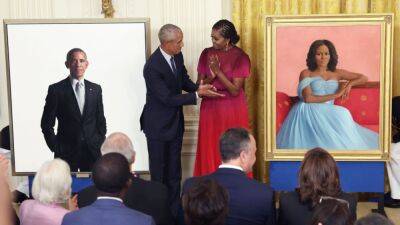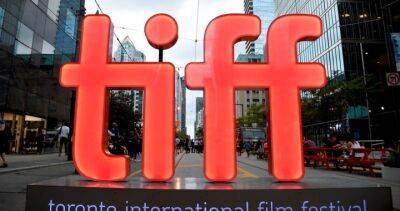Gaming industry feels squeeze after pandemic boom
gaming in total this year, less than last year but still up 28 percent from the pre-pandemic year of 2019. US video game giant Activision Blizzard, which Microsoft is in the process of purchasing, reported that sales in the first half of this year declined, with gamers spending less time in its powerhouse "Call of Duty" franchise.
Nvidia, the California-based maker of high-performance graphics cards popular with gamers, recently issued an earnings warning because of "declining revenues in video games." Even spending on mobile games is showing signs of weakening, according to analysts. "Higher prices in everyday spending categories such as food and gas, the return of experiential spending such as travel and attending live events, a lighter release slate of new games, and continued new generation console hardware supply constraints were all likely contributors to the decline seen in the second quarter," Piscatella said.
Omdia analyst Steven Bailey said delayed releases of keenly-anticipated titles such as "Starfield" and "Suicide Squad" also contributed to a pandemic boom "correction" that was inevitable.
The bump that new titles give to video game sales is a wild card likely to benefit the industry going forward, as players typically throng to get their hands on hot releases.
Read more on livemint.com










































